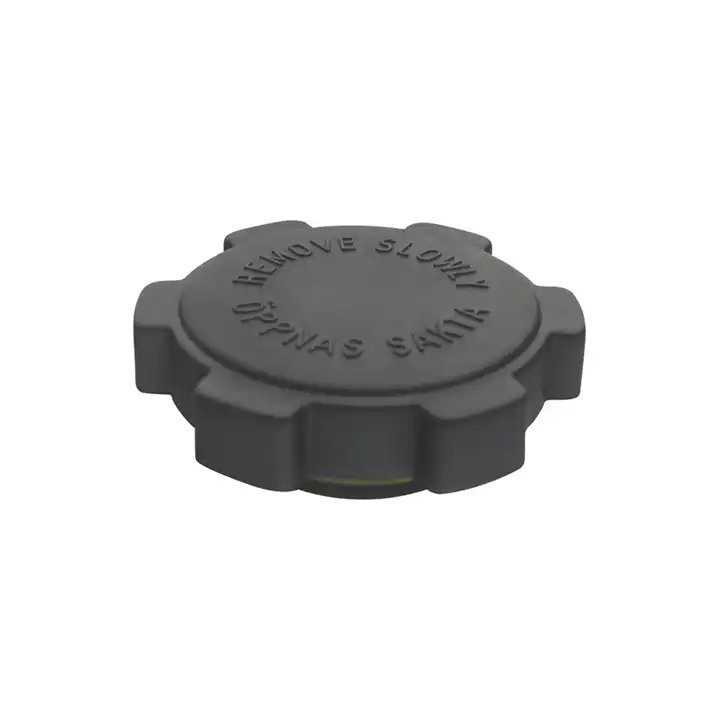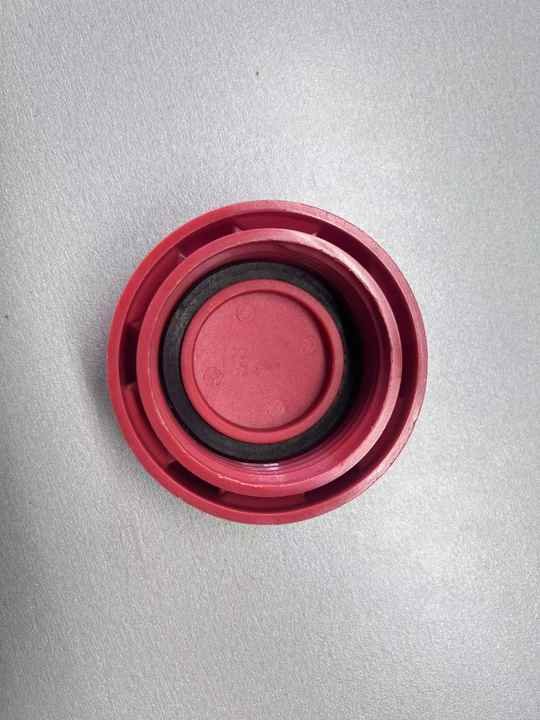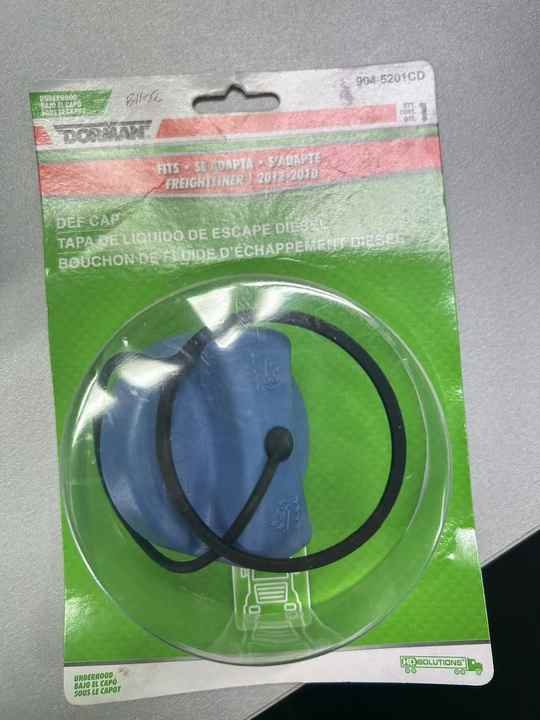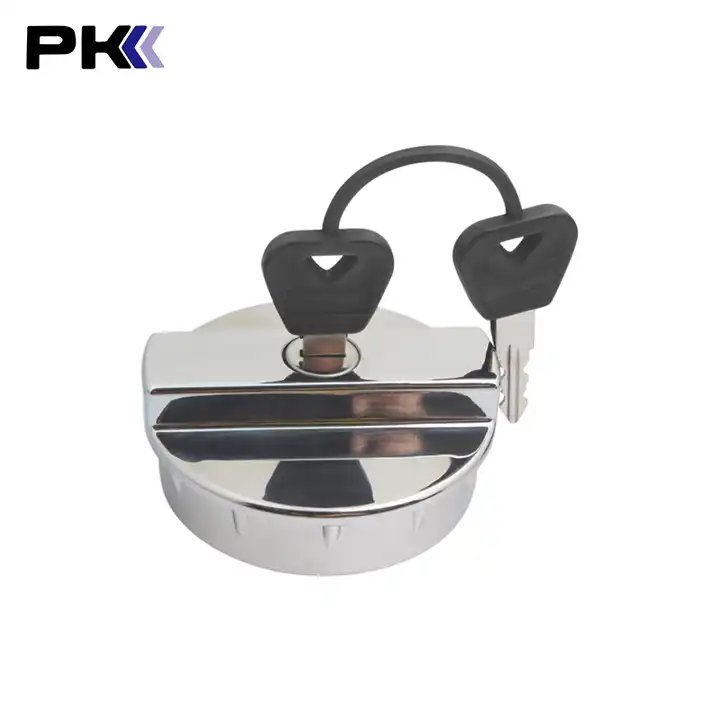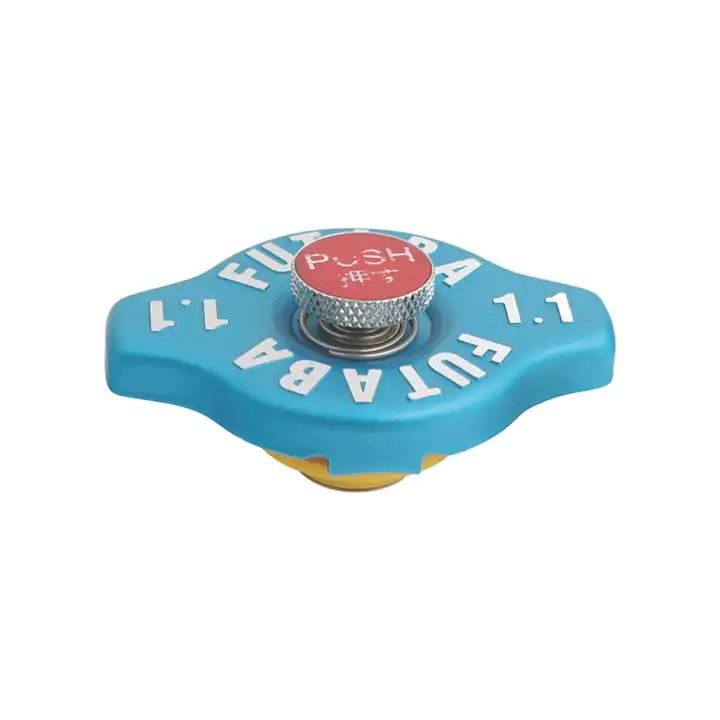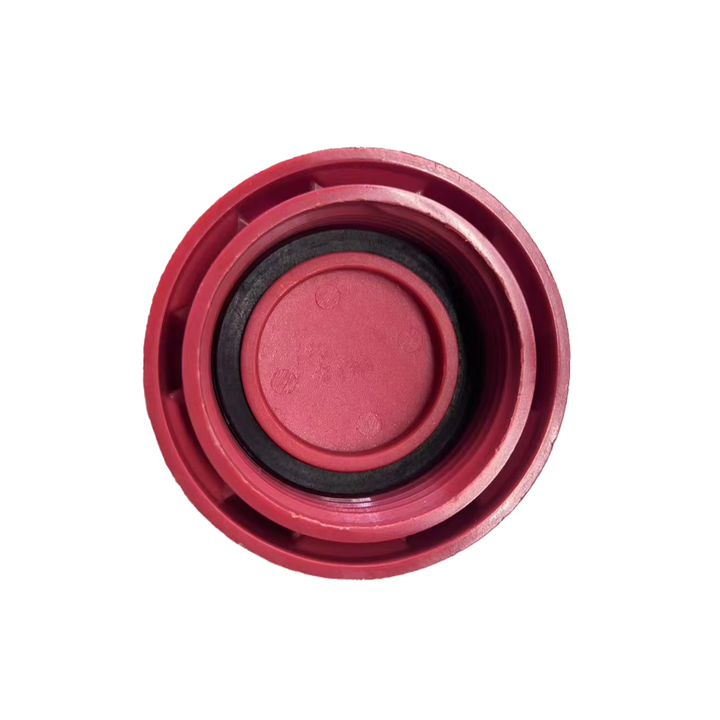How Radiator Cap Pressure Affects Cooling
The radiator cap is a small but critical component of your vehicle’s cooling system. It’s more than just a cover; it plays a vital role in maintaining the proper pressure within the system, which directly impacts its cooling efficiency.
Understanding the Basics
What is a Radiator Cap?
A radiator cap is a pressure-release valve that seals the radiator and maintains a specific pressure within the cooling system. This pressure raises the boiling point of the coolant, allowing it to absorb more heat from the engine.
How Does Pressure Affect Boiling Point?
As pressure increases, the boiling point of a liquid also increases. This means that under higher pressure, the coolant can reach higher temperatures without boiling, preventing overheating.
The Role of Pressure in Cooling
Enhancing Cooling Efficiency
By maintaining a higher pressure, the radiator cap allows the coolant to circulate at temperatures above its normal boiling point. This enhances the cooling efficiency of the system, especially under heavy loads or in hot weather.
Preventing Coolant Loss
The radiator cap also prevents coolant loss by ensuring that it remains in a liquid state, even at high temperatures. This is crucial for maintaining the proper coolant level and preventing engine damage.
Signs of a Faulty Radiator Cap
Overheating
If the radiator cap is faulty, it may not maintain the proper pressure, leading to overheating. This is a common sign that the cap needs to be replaced.
Coolant Leaks
A faulty radiator cap can also cause coolant leaks, as the system may not be able to maintain the proper pressure. This can lead to a drop in coolant level and potential engine damage.
Coolant Overflow
In some cases, a faulty radiator cap can cause coolant to overflow from the reservoir, as the system may not be able to regulate the pressure properly.
Conclusion
The radiator cap is a small but essential component of your vehicle’s cooling system. Maintaining the proper pressure within the system is crucial for efficient cooling and preventing engine damage. If you notice any signs of a faulty radiator cap, it’s important to have it inspected and replaced as soon as possible.


